This post may contain affiliate links.
Let’s face it – the rising cost of food is putting a strain on our budgets. As inflation continues to drive up the prices of groceries and everyday goods, many of us are feeling the financial squeeze, especially when we hit the supermarket.
While we all want to eat well, there are practical steps you can take to reduce your grocery bill. These simple actions can lead to significant savings over time and help offset the increased cost of groceries. Here are 20 effective ways to cut down on your grocery expenses.
Take Inventory Before Shopping
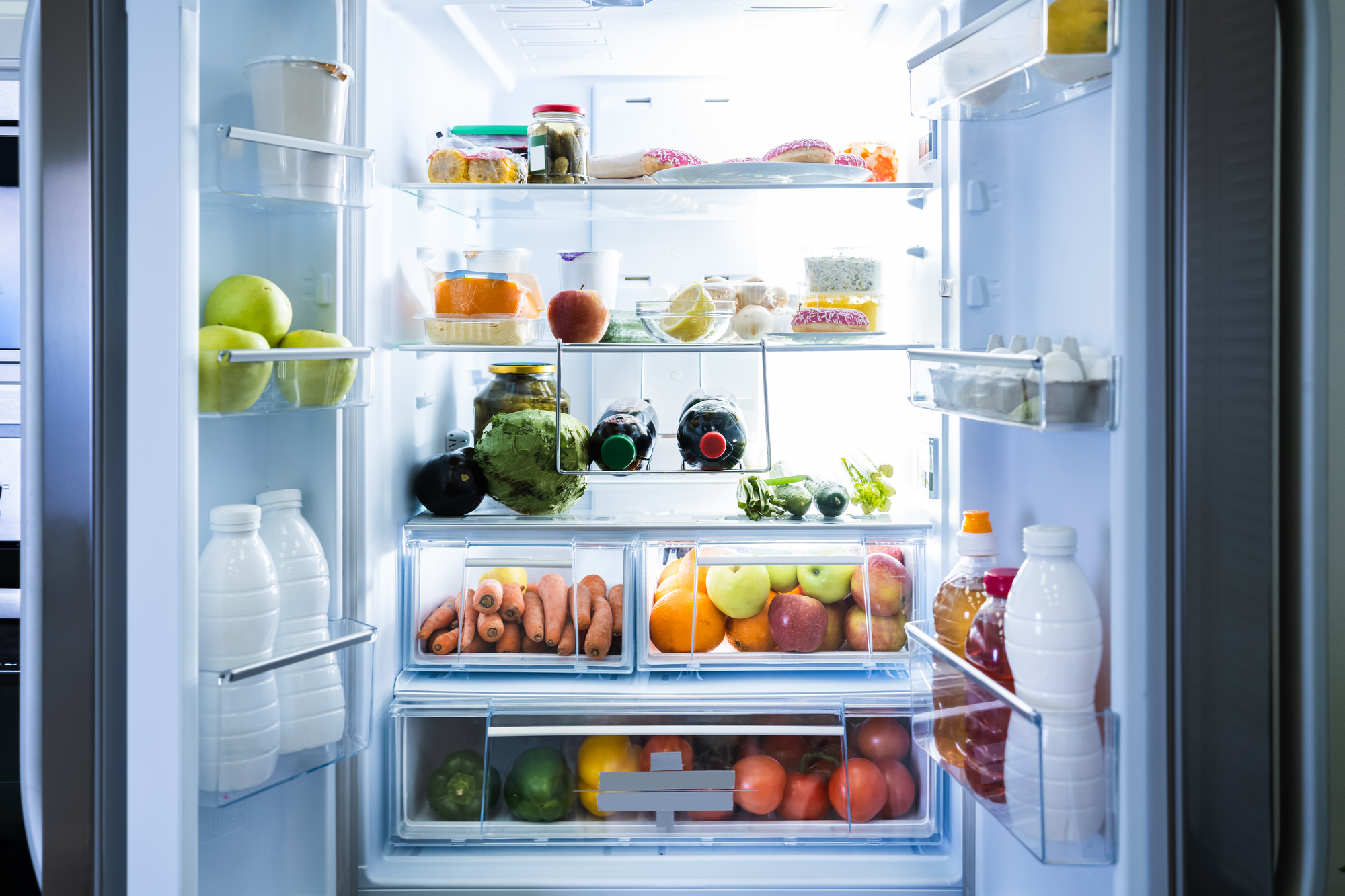
Before heading to the store, take a few minutes to take stock of what’s in your fridge and food pantry. This simple step can help you avoid buying items you already have and prevent food wastage. Being a smart shopper starts right in your own kitchen.
Buy Whole Fruits And Vegetables
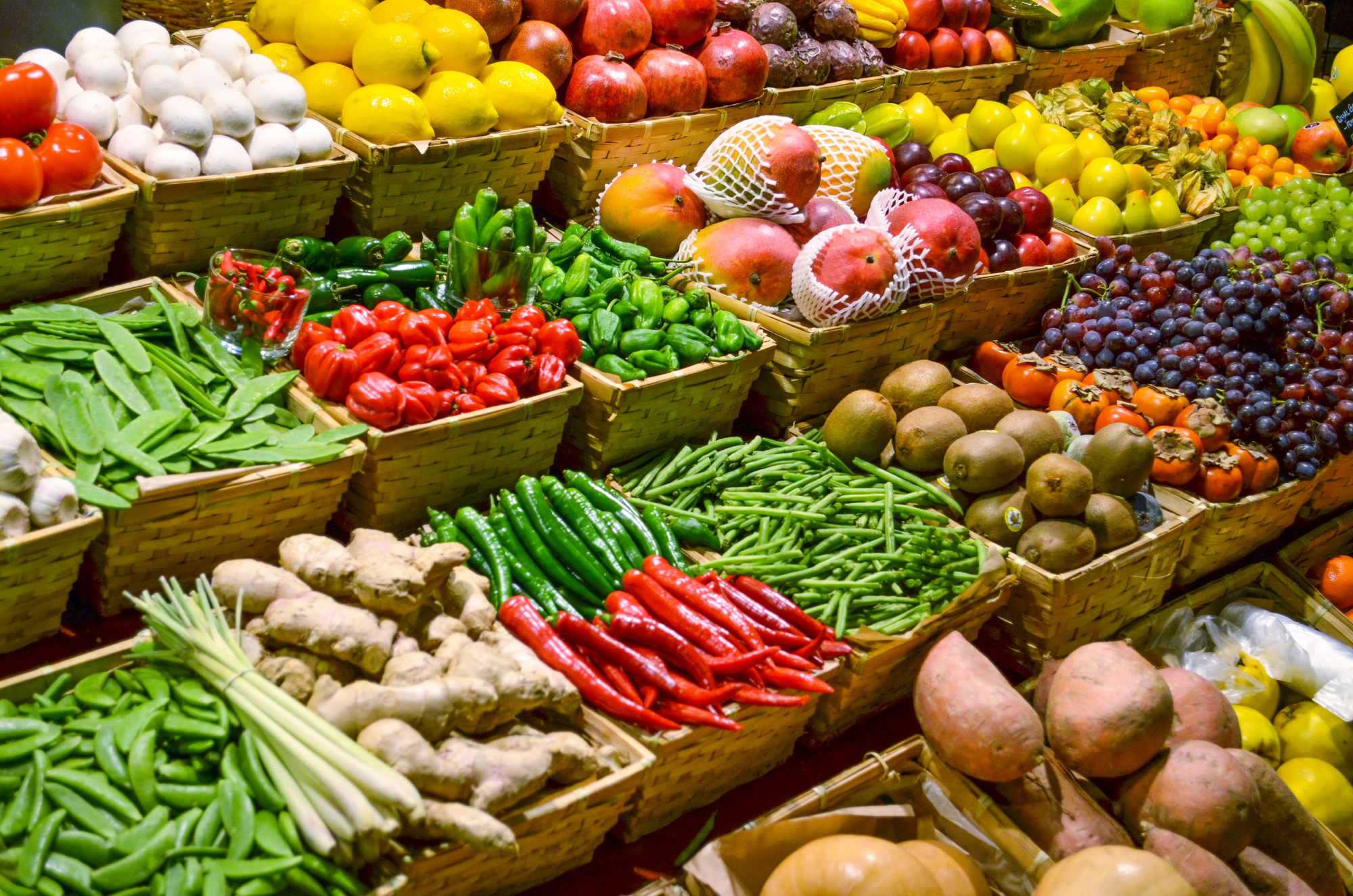
Convenience foods like bagged salad mixes and pre-chopped vegetables are a time-saver, but they come at a premium. To cut your grocery bill, skip the pre-prepped produce and go for whole fruits and vegetables. You can save on your grocery expenses by taking a little extra time at home to wash and chop them yourself.
Buy Produce In Season

Produce is generally more expensive when it’s not in season. Be aware of the seasonal availability of fruits and vegetables to save on your grocery bill. This helps you enjoy them when they’re both tastier and more budget-friendly.
Don’t Shop While Hungry

Avoid going grocery shopping when you’re hungry. Shopping on an empty stomach can lead to overspending and grabbing items you don’t really need. Eating a meal or snack before heading to the store helps keep you focused and less susceptible to impulsive, less healthy food choices.
Shop Alone

Impulse buying can significantly impact your grocery bill. Shopping with family members, especially kids, can increase the chances of these unplanned purchases. To avoid this, shop alone.
Create A Grocery List
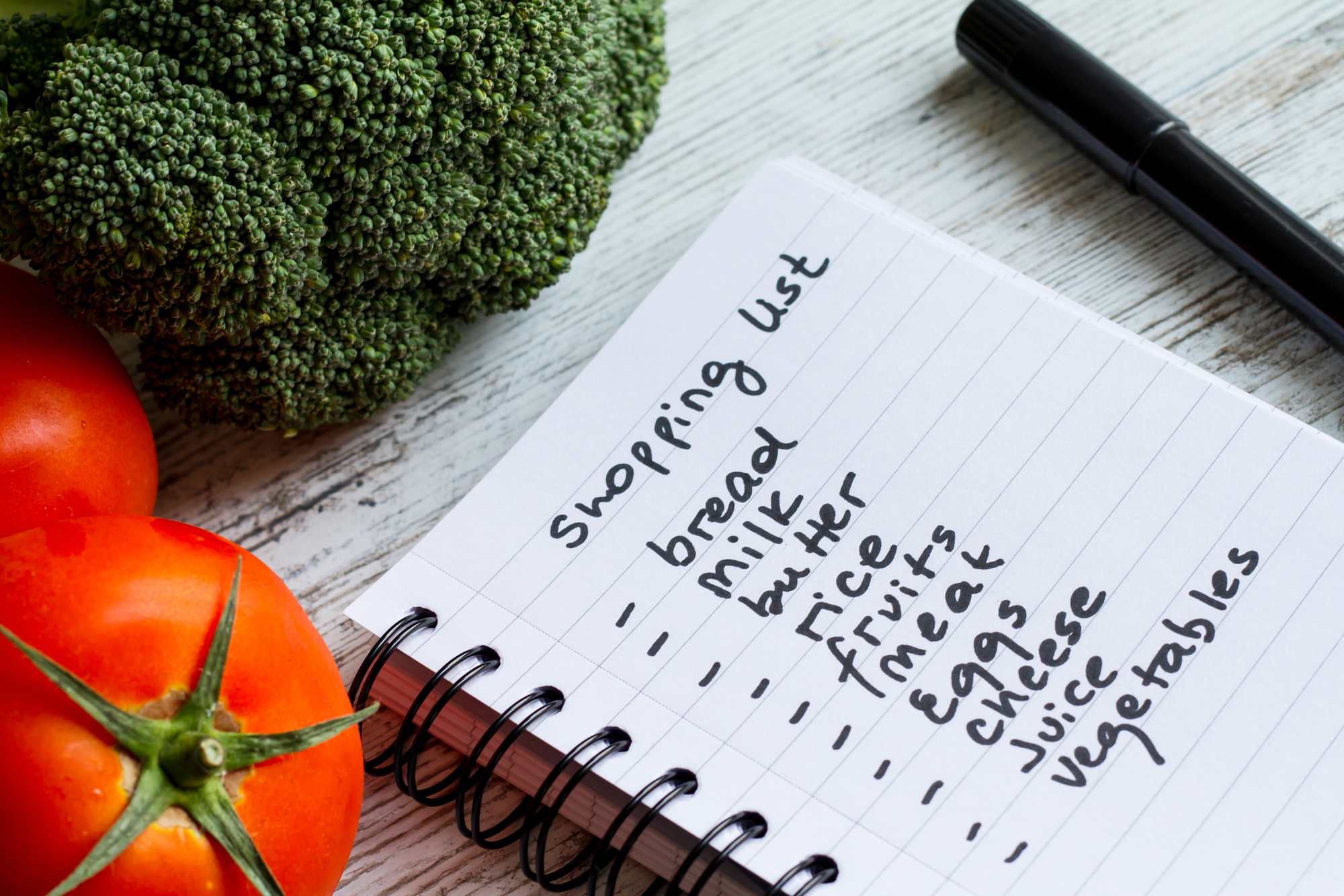
Creating a well-organized shopping list is a smart way to save money on your grocery bill. It helps you stay focused, saves time, and prevents impulsive purchases that can strain your budget. Whether you use a mobile app or go the traditional route with pen and paper, an organized list will keep you on track and help you avoid buying items you already have at home.
Bring A Envelope With Cash

Setting a clear budget for your groceries and bringing a predetermined amount of cash in an envelope to the store is an effective strategy to ensure you only purchase what you can afford. Using this cash-only approach eliminates the temptation to overspend and avoid making unnecessary purchases.
Plan Your Meals Ahead Of Time
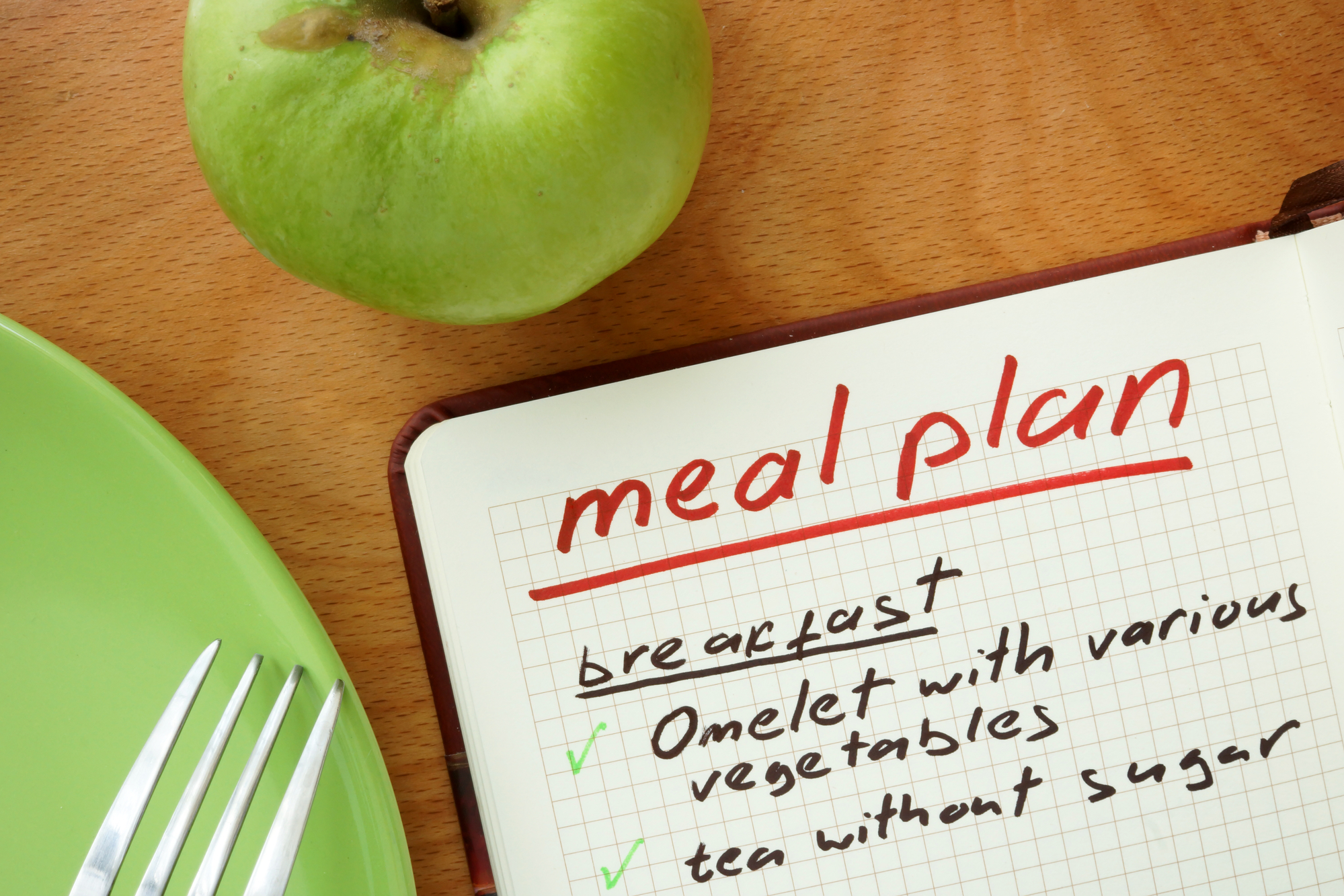
Planning your meals before grocery shopping is a smart way to ensure you purchase only the ingredients required for the week’s meals. By creating a weekly meal plan, you decide what dishes and snacks you’ll enjoy throughout the week.
Check For Sale Flyers
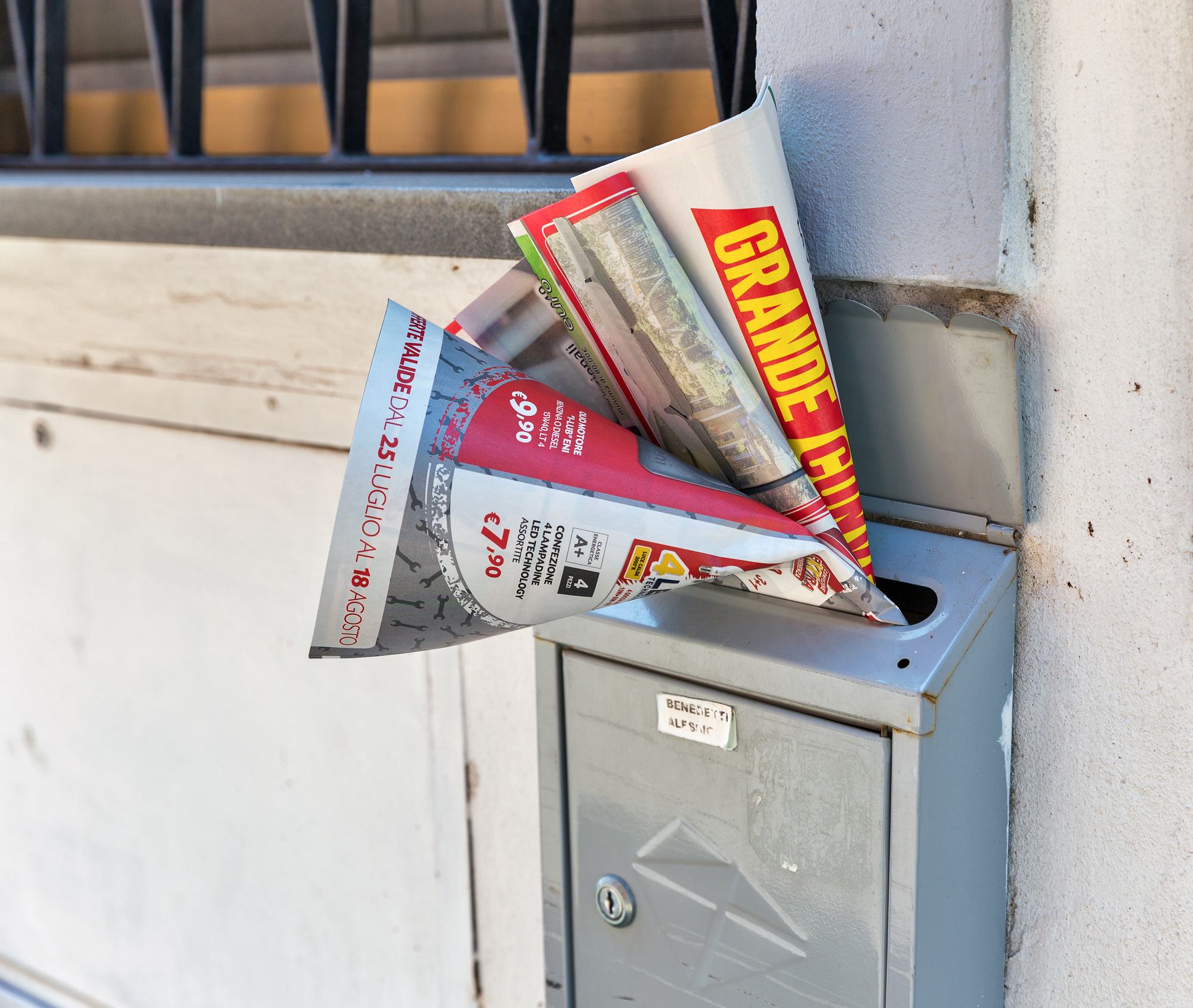
Stay updated on sales by reviewing local newspaper circulars, sales flyers, or store apps to know what’s currently on sale. Recognize the items you regularly need and keep an eye out for discounts. Shopping during sales is a simple yet effective strategy to reduce grocery expenses.
Check Unit Prices
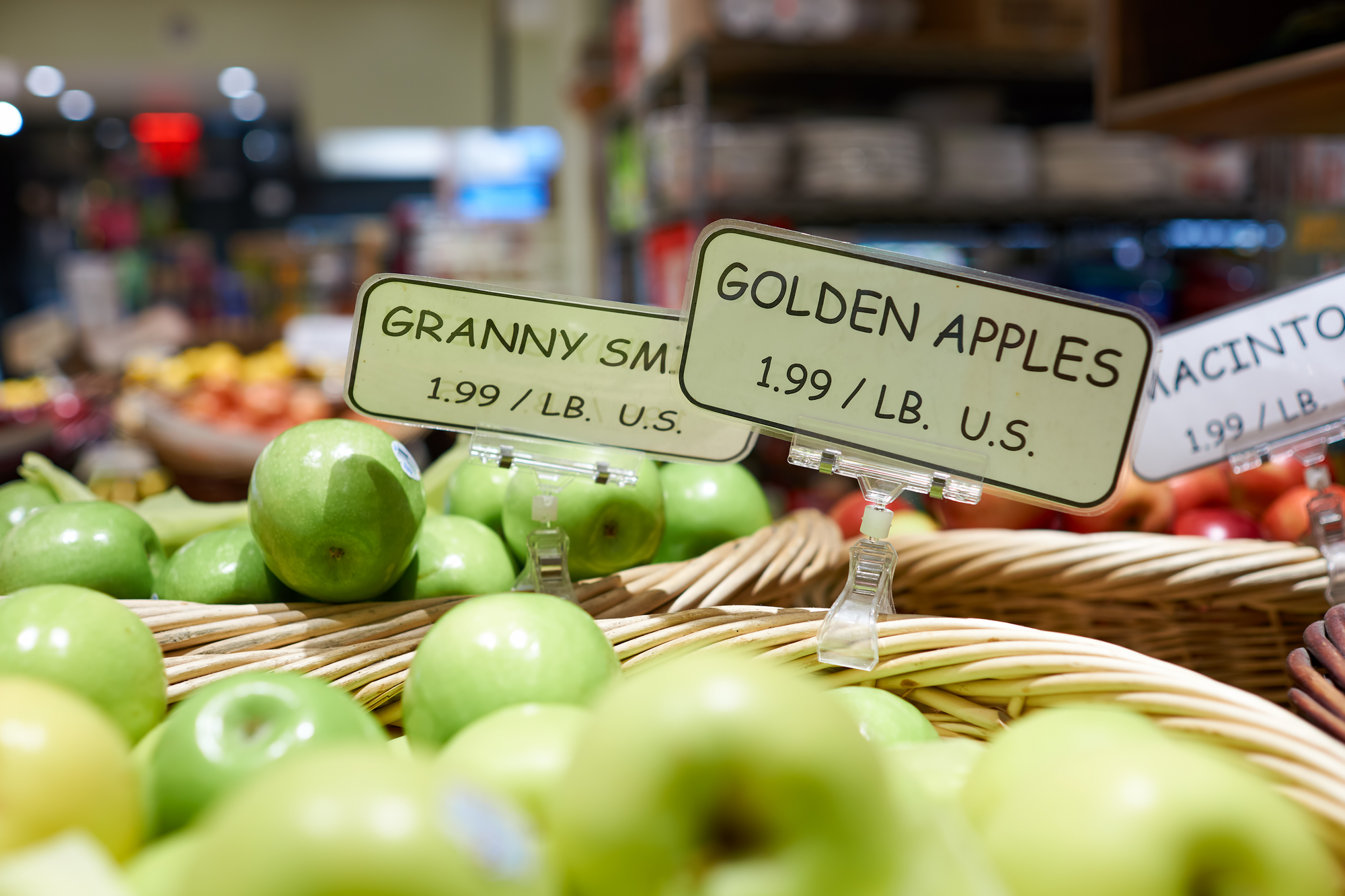
Understanding unit pricing is a fundamental skill for saving money on groceries. You can usually find the unit price, which is the total cost divided by the number of units, on the shelf label above the item price. This is especially useful when deciding between larger and smaller product sizes.
You might be surprised by how many times it’s actually more economical to purchase multiple smaller items instead of one larger one. This applies to various products, including meat portions and canned or dried goods.
Buy In Bulk
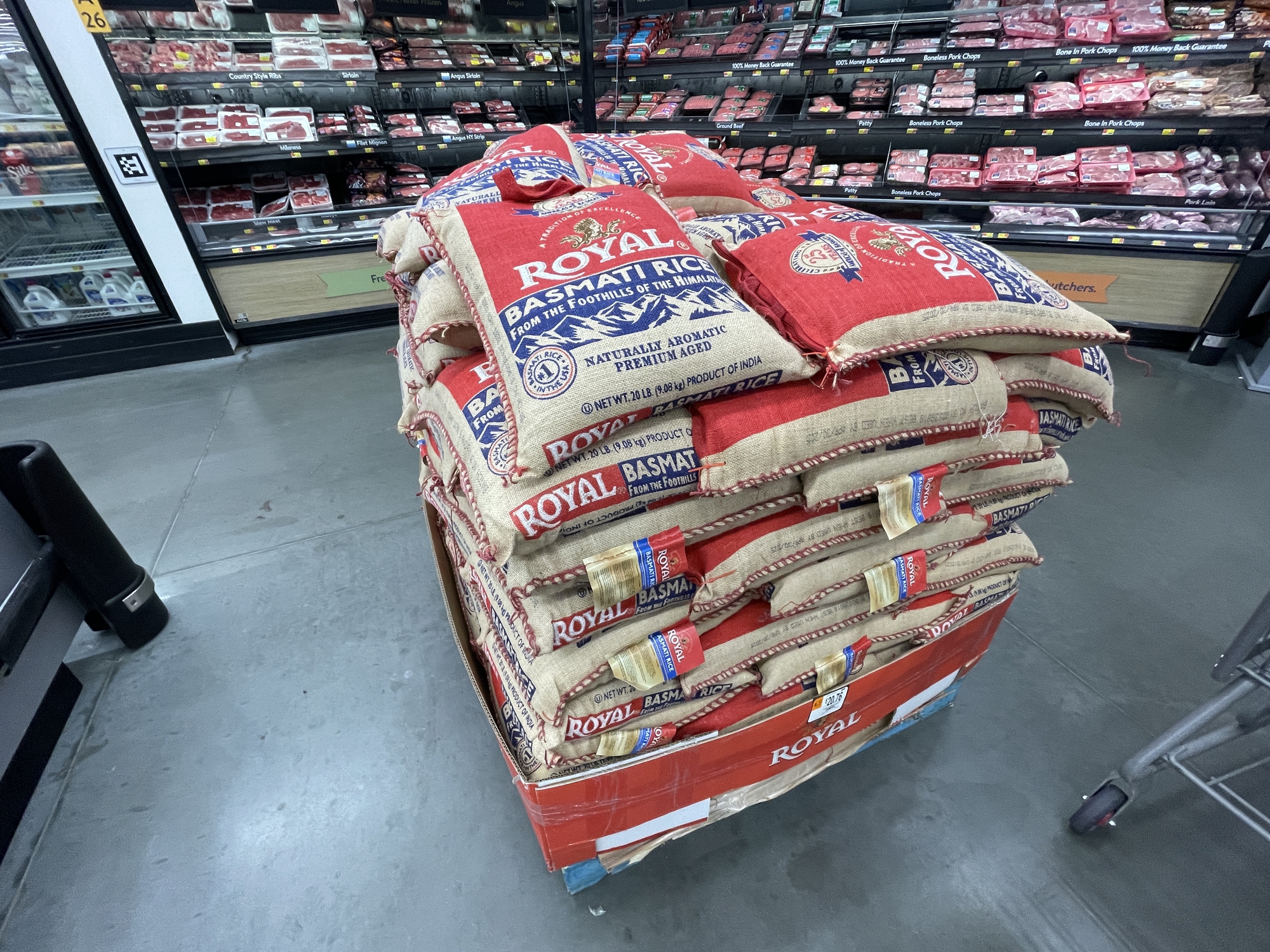
Some items are best purchased in bulk and stored for later use. Certain foods are much cheaper when bought in larger quantities. For example, coffee and rice can be a smart buy when on sale and used as needed.
12 Items You Should Always Buy in Bulk
Order Ahead For Curbside Pickup

Consider grocery pickup to avoid impulse buys and skip in-store shopping. Many major retailers, such as Walmart and Target, provide a convenient pickup service. You can order groceries online and get them curbside.
Use A Small Shopping Basket
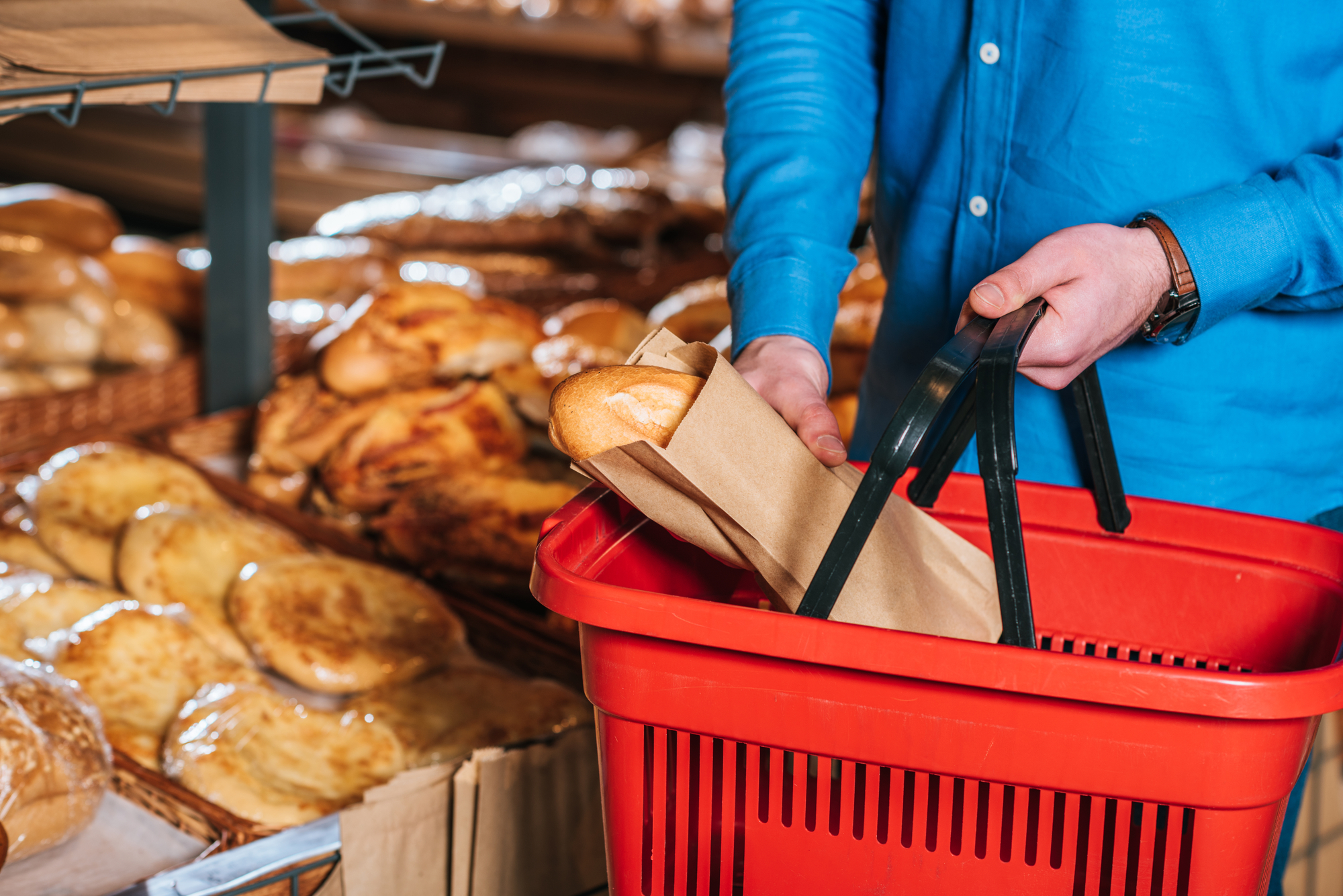
This is quite simple. Opt for a smaller cart or basket to help save on groceries. Large carts tend to get filled with more items. The smaller the cart, the fewer items purchased.
Buy Generic Or Store Brands

While brand-name products can be appealing, they usually have a higher price tag. The store brand can often offer substantial savings without sacrificing quality or taste. Store-brand products are often as good as, if not identical to, their name-brand counterparts, minus the fancy packaging and advertising.
Find And Clip Coupons
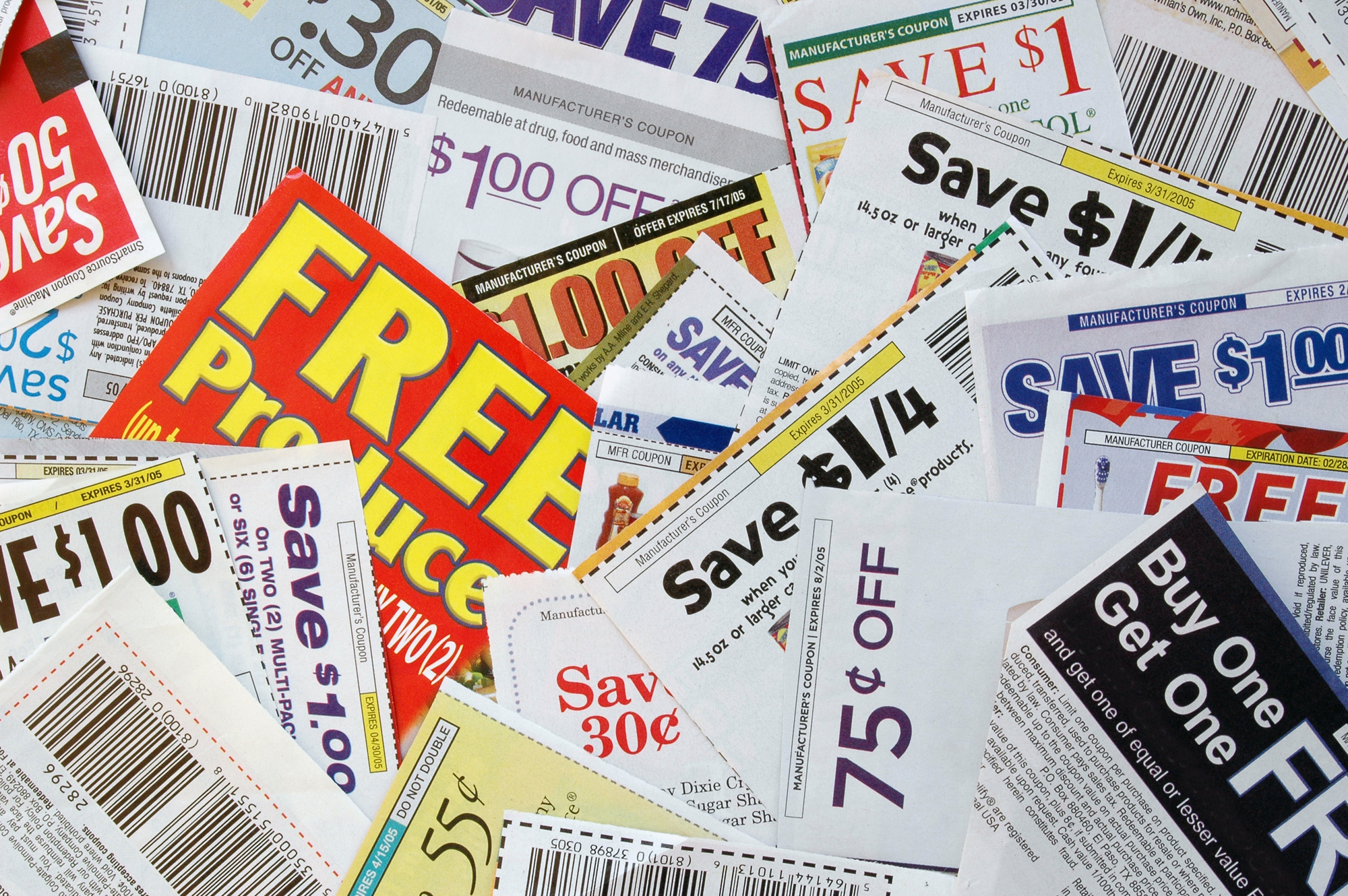
Coupons are an effective way to save on your grocery bill and are far from outdated. You can find coupons online and in the local coupon circulars regularly delivered to your mailbox.
Join Store Loyalty Programs

Many grocery stores provide free loyalty programs for customers to join. When you sign up, you can enjoy exclusive member discounts automatically applied at checkout, eliminating the need for coupon clipping. These loyalty programs often include point systems, and coupon offers seamlessly integrated into the store’s app. Additionally, many stores offer special discounts exclusively for their loyal members.
Use Cash Back Apps

Several rebate apps, like Ibotta and Rakuten, offer cash back for your grocery purchases. Registering for one of these free services allows you to save even more on top of loyalty program benefits and credit card rewards. Depending on the specific app, you might need to link a loyalty card or submit receipts to claim your rebates.
Switch Up Locations
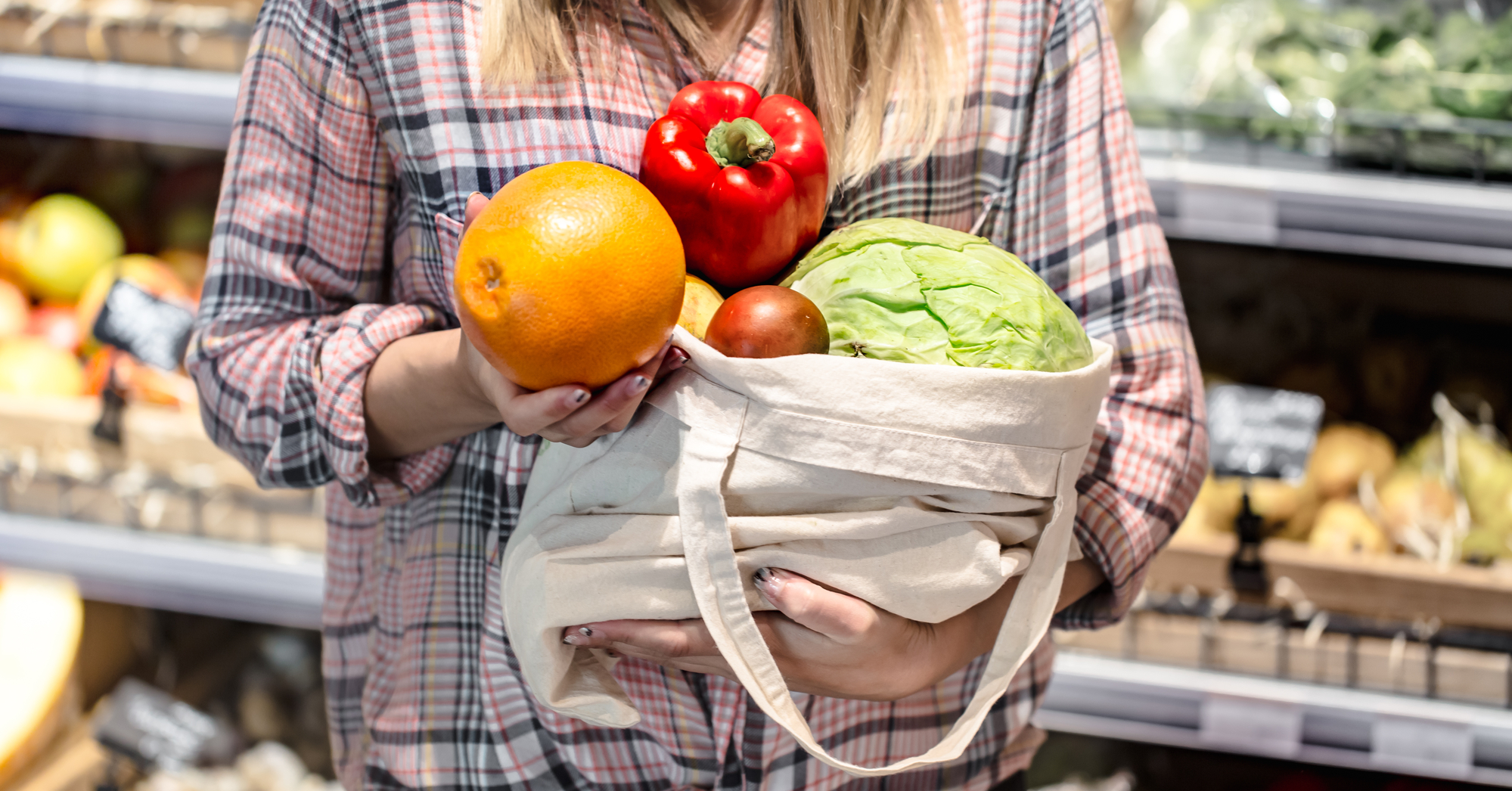
Shop around and compare prices. Don’t restrict yourself to shopping at the same store every time. Consider exploring warehouse clubs such as Costco and Sam’s Club, dollar stores, major big-box retailers, and different supermarket chains to find potential ways to save on your grocery bill.
Stay Clear Of Grouped Items

Stores often use a merchandising technique called grouping. They place three or more related items together to encourage you to buy all of them. For example, A bag of chips may be grouped with salsa and dip. It’s a common sales strategy to boost your purchases.
Grow Herbs

Consider growing your herbs and foods if you have the opportunity. It can be a cost-effective way to enhance your meals and reduce your dependency on the grocery stores.
12 Surprising Items in Your Kitchen that Need to Hit the Trash Immediately

The kitchen holds a special place in our homes, serving as a hub for cooking, meals, and gatherings. However, even though it’s the center of our daily lives, it’s easy for clutter, disarray, and items that have outstayed their welcome to accumulate in this space. Check out the 12 items in your kitchen that should be thrown away immediately.
12 Surprising Items in Your Kitchen that Need to Hit the Trash Immediately
14 Incredible Ways to Repurpose Used Coffee Grounds
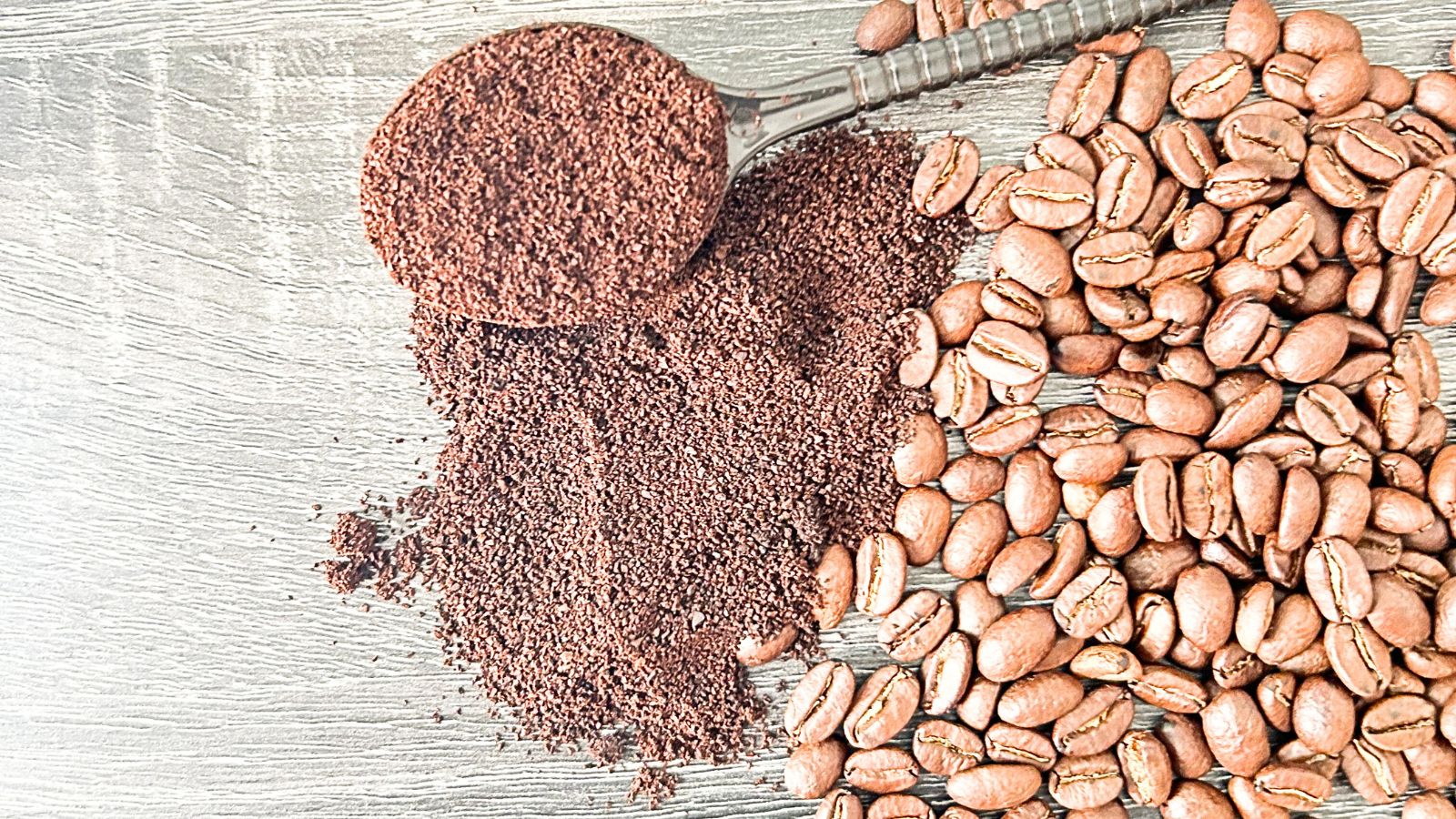
Most people toss out used coffee grounds after making their morning cup of coffee, but what you might not know is that these grounds can actually be useful in many ways. You can repurpose them to do things like composting or cleaning, which can help reduce waste in your home. Here’s how.
14 Incredible Ways to Repurpose Used Coffee Grounds
10 Aluminum Foil Hacks Your Mom Might Not Have Taught You
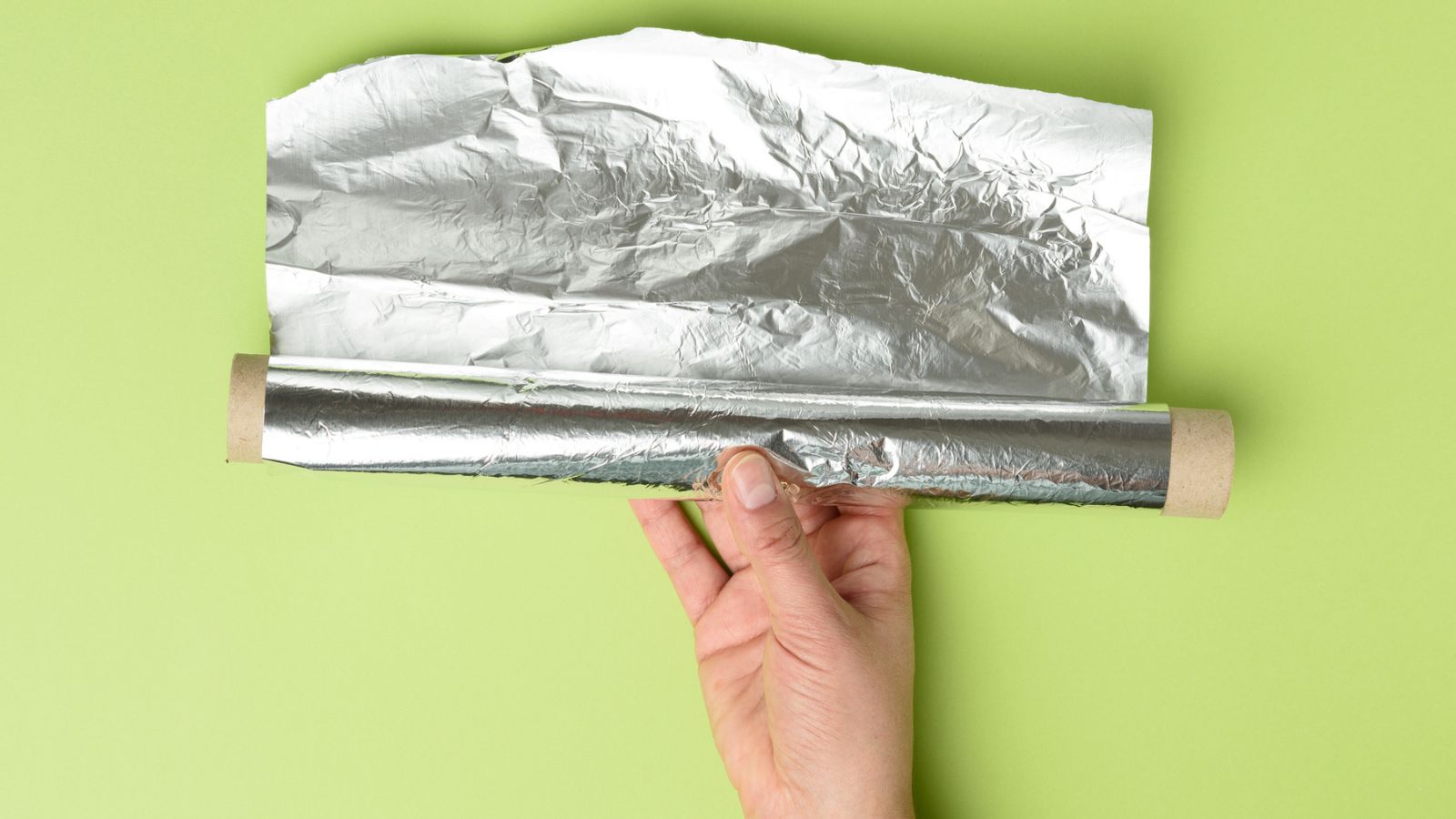
Aluminum foil is a useful kitchen staple known for its versatility and reliability. Surprisingly, this household staple goes beyond covering your favorite dishes in the oven. There’s so much more that you can do with aluminum foil, as it has so many practical uses. So, if you’ve only used aluminum foil to line your baked dishes, you are in for a treat. Here are ten ways to simplify life and household tasks using aluminum foil.
10 Aluminum Foil Hacks Your Mom Might Not Have Taught You
Tamara White is the creator and founder of The Thrifty Apartment, a home decor and DIY blog that focuses on affordable and budget-friendly home decorating ideas and projects. Tamara documents her home improvement journey, love of thrifting, tips for space optimization, and creating beautiful spaces.





